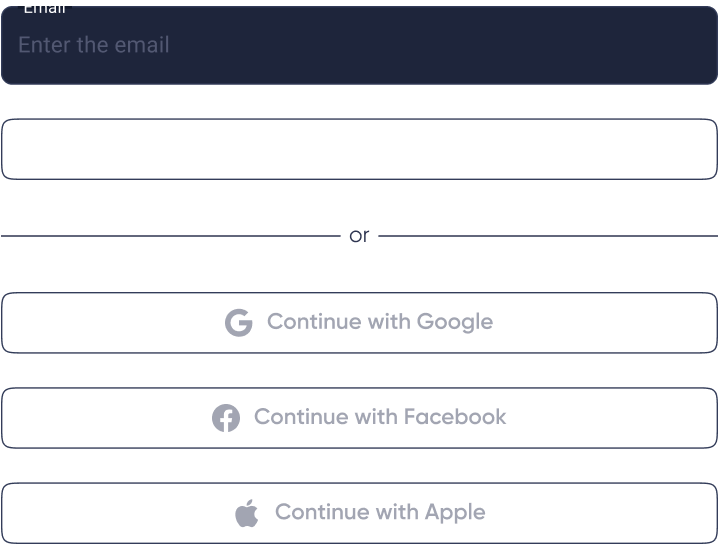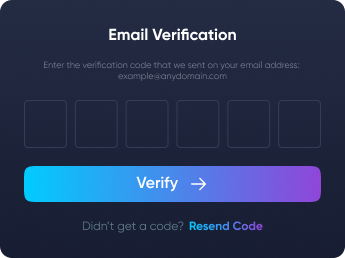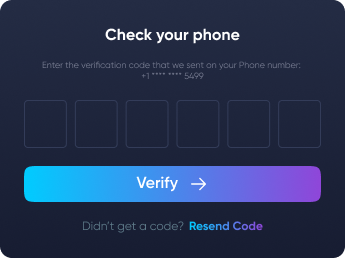
MicroAuth
Authentication,
Simplified.
Robust, secure, and flexible authentication built for developers, loved by users.
Secured by


Sign in to Superslash
Welcome back Superslash
Or




Trusted Client








About
MicroAuth: A Fast, Modern, Flexible and Easy-to-
Integrate Authentication Platform
Simplify authentication with our seamless API integration, allowing secure access for users across web and
mobile applications. Built for developers, trusted by businesses.
Ready to Experience Hassle-Free Authentication?

Lightning-Fast Integration
MicroAuth is built with developers in mind, offering a rich collection of SDKs, APIs, and
quick start guides that allow you to integrate authentication into your applications in
minutes. This streamlined approach ensures you can focus on building great products
without getting bogged down in complex security implementations.

Seamless Single Sign-On (SSO)
Experience effortless access across multiple applications with a single set of
credentials. MicroAuth’s SSO feature minimizes password fatigue and simplifies the user
journey, providing a secure and unified login experience that scales with your business
needs.

Modern Passwordless &
Social Logins
Improve user convenience with innovative passwordless options and built-in social
login integrations. Whether it’s using one-time codes or logging in with existing social
accounts like Google or Facebook, MicroAuth helps reduce friction while maintaining
robust security standards.

Adaptive Multi-Factor
Authentication (MFA)
Enhance your security with an extra layer of protection that adapts to risk levels.
MicroAuth’s MFA supports various verification methods—such as one-time passwords,
biometrics, and push notifications—to ensure that even if a password is compromised,
unauthorized access is prevented.


Fully Customizable & Extensible Platform
Tailor your authentication solution to perfectly match your brand and unique requirements. MicroAuth offers extensive customization through configurable
login pages, custom rules, and hooks, ensuring that your security setup not only protects your users but also enhances their overall experience.
Frequently Asked Questions
How does MicroAuth improve security?

MicroAuth enhances security through multiple layers of protection that safeguard user identities and sensitive data. Key measures include:
• Multi-Factor Authentication (MFA): Adds extra verification steps (e.g., OTPs, biometrics) to prevent unauthorized access.
• Single Sign-On (SSO): Reduces password fatigue by centralizing authentication, lowering the risk of weak or reused credentials.
• Breached Password Screening: Alerts users if a compromised password is used and prompts them to update it.
• Encryption & Secure Storage: Encrypts data in transit and at rest to protect against interception and breaches.
• Anomaly Detection & Bot Protection: Uses rate limiting, IP throttling, and activity monitoring to block suspicious logins
• Compliance with Security Standards: Adheres to frameworks like GDPR, HIPAA, PCI DSS, and NIST SP 800-63.
• Robust Logging & Auditing: Maintains detailed logs to detect and respond to potential security incidents quickly.
What integrations are available?

Is MicroAuth suitable for startups and enterprises?

Does the MicroAuth collect any personal data?

